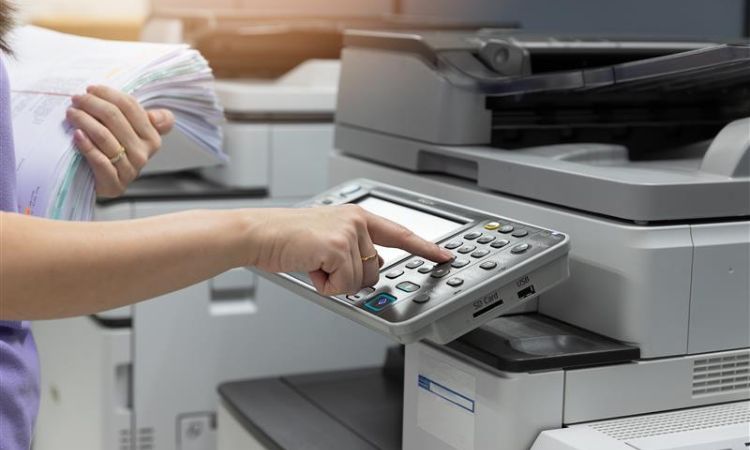
Leasing a copier can be a smart move for many businesses. It allows access to high-quality machines without a high upfront cost. But there are common mistakes that many companies make. These mistakes can lead to long, inflexible contracts, hidden fees or machines that do not suit their needs.
Let us take a look at what those mistakes are and how you can avoid them. If you are thinking about copier leasing or rental, this guide will help you make a wise decision.
One of the most common errors is not fully understanding what the copier can do. Many assume that all copiers are the same. This is not true. Some are basic and only print and scan. Others come with features like faxing, stapling or booklet making.
Before you agree to any deal, list what you need from the copier. Ask the provider to show you how the machine works. Make sure you see the machine in action, not just in a brochure. This helps you avoid choosing a copier that is too basic or too advanced for your needs.
Many leasing contracts run for three to five years. That is a long time to be stuck in a poor deal. Some contracts may also auto-renew without clear notice.
Always read the contract fully. Ask for a copy and take it away to review. Look for words like “auto-renew” or “termination fees.” Ask questions if anything is unclear. If possible, ask for a shorter-term contract or one with a clear break clause.
Some businesses only look at the monthly lease cost. But that is only part of the story. You may also need to pay for copies, service fees, and even delivery or installation.
Ask for the full breakdown of costs. This should include:
Knowing the full cost helps avoid surprises down the line.
Not all copier providers are equal. Some offer great service and support. Others are hard to reach when things go wrong. Picking the wrong one can leave you stuck with poor service and no help.
Check reviews online. Ask other local businesses who they contract. A good provider should offer support when you need it. Ask them what their average response time is if something goes wrong. Do not be afraid to ask for client references.
Some businesses lease large copiers that take up too much space. Others get ones that cannot keep up with daily printing needs.
Think about your daily print volume. Are you printing hundreds of pages a day, or just a few? Measure the space where the copier will sit. Make sure it fits well without blocking walkways or taking over your office.
A copier is a machine – and machines break. Some contracts cover this, others do not. If you do not check, you might end up paying for costly repairs.
Ask the provider about maintenance. Who do you call if the copier stops working? How long will it take to fix? Is there a limit on service calls? Make sure these details are in the contract.
Toner, paper and parts are not always included. Some businesses get caught off guard when they find out that they must buy these extras.
Check what is included. Some photocopier rental packages may include toner and service. Others might not. If it is not clear, ask. It is better to know now than be surprised later.
Technology moves fast. A copier that works great today may become slow in two years’ time. But if your lease does not allow for upgrades, you are stuck with it.
Ask if you can upgrade mid-contract. Some providers offer flexible terms. You might be able to trade for a newer model without extra cost. This keeps your business up to date without needing to wait until the contract ends.
It is easy to pick a copier based on looks or features. But if it cannot handle your daily workload, it is a problem. Slow printing or breakdowns can hurt your team’s productivity.
Ask the provider what the copier’s monthly duty cycle is – this means how much it can print each month. Match this to your real needs. Avoid guessing. If you do not print much, a light-duty model will do. If you print a lot, get something built for heavy use.
Some people think that leasing and rental are the same. They are not. Copier leasing often means a long-term deal with the option to buy. Rental is usually short-term and more flexible.
Decide what suits you best. If you need a copier for a short project, rental may be better. If you need it long-term, leasing might save money. Do not let a salesperson push you into the wrong choice.
Leasing a copier does not need to be tricky. Just ask the right questions. Do not rush, guess, or sign anything until you are sure that it suits your needs. A good copier should make your work easier, not harder.
By avoiding these common mistakes, you will save time, money and a lot of stress. Whether you choose leasing or rental, being well-informed helps you make the best choice for your business.